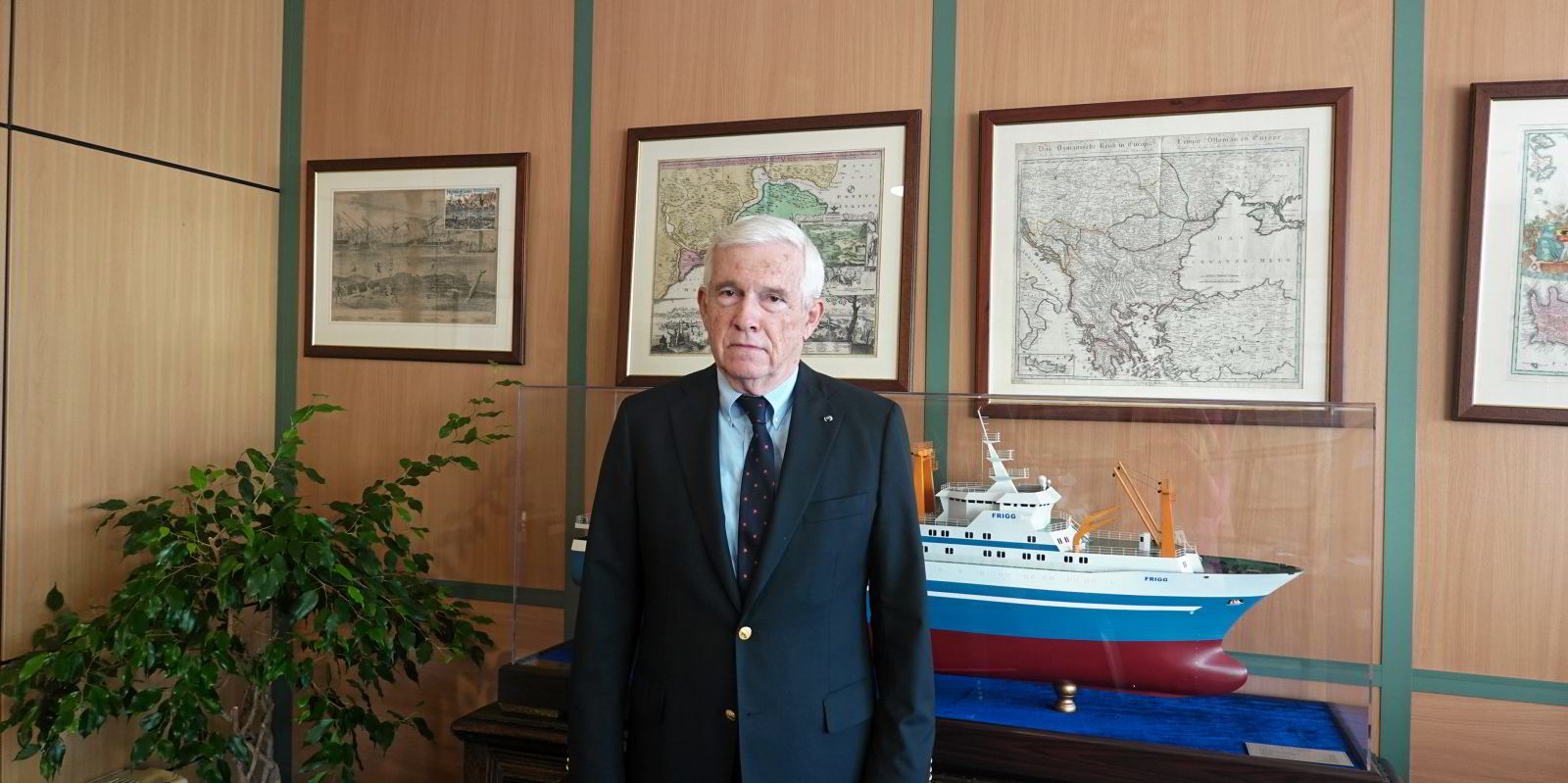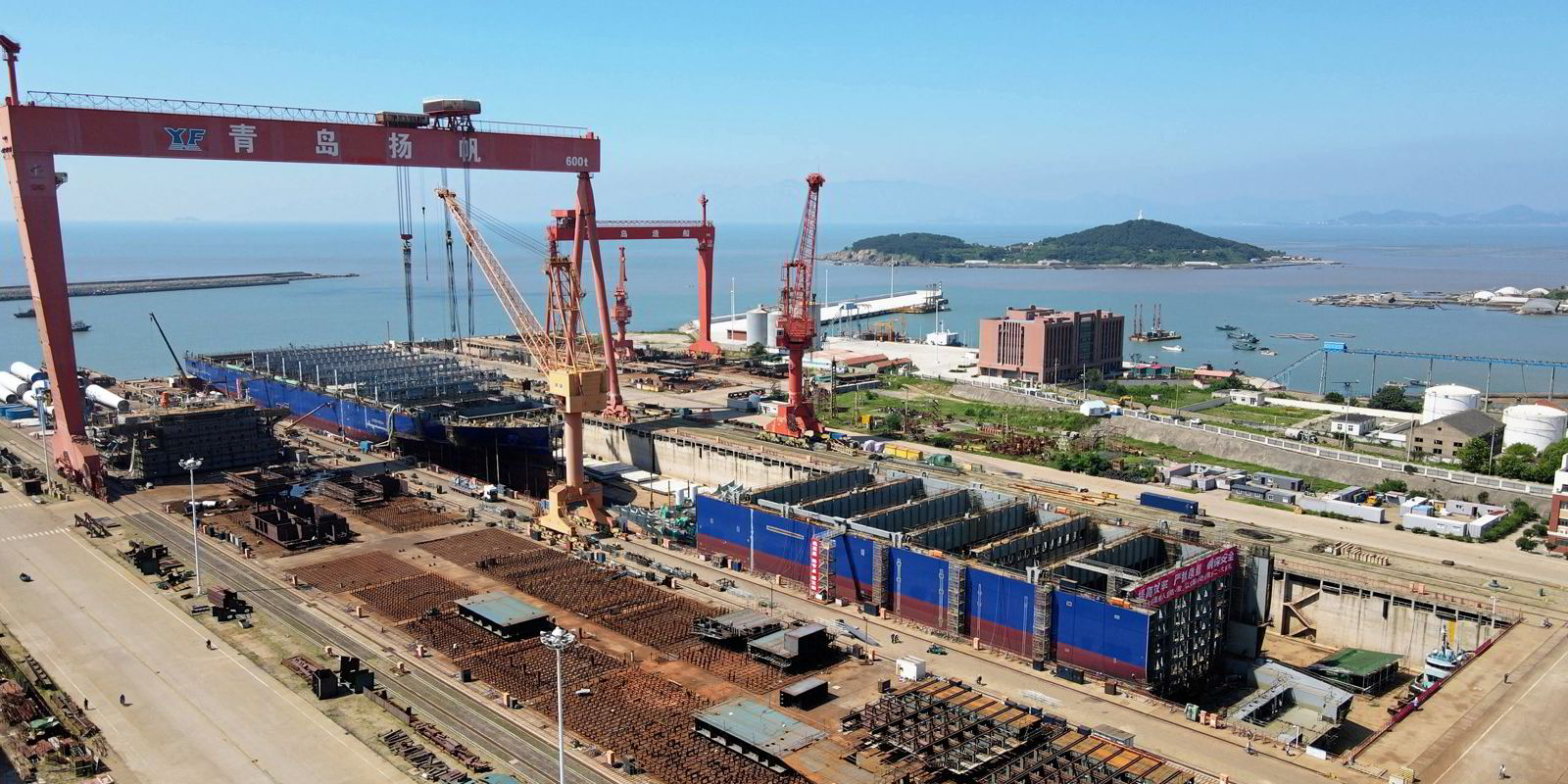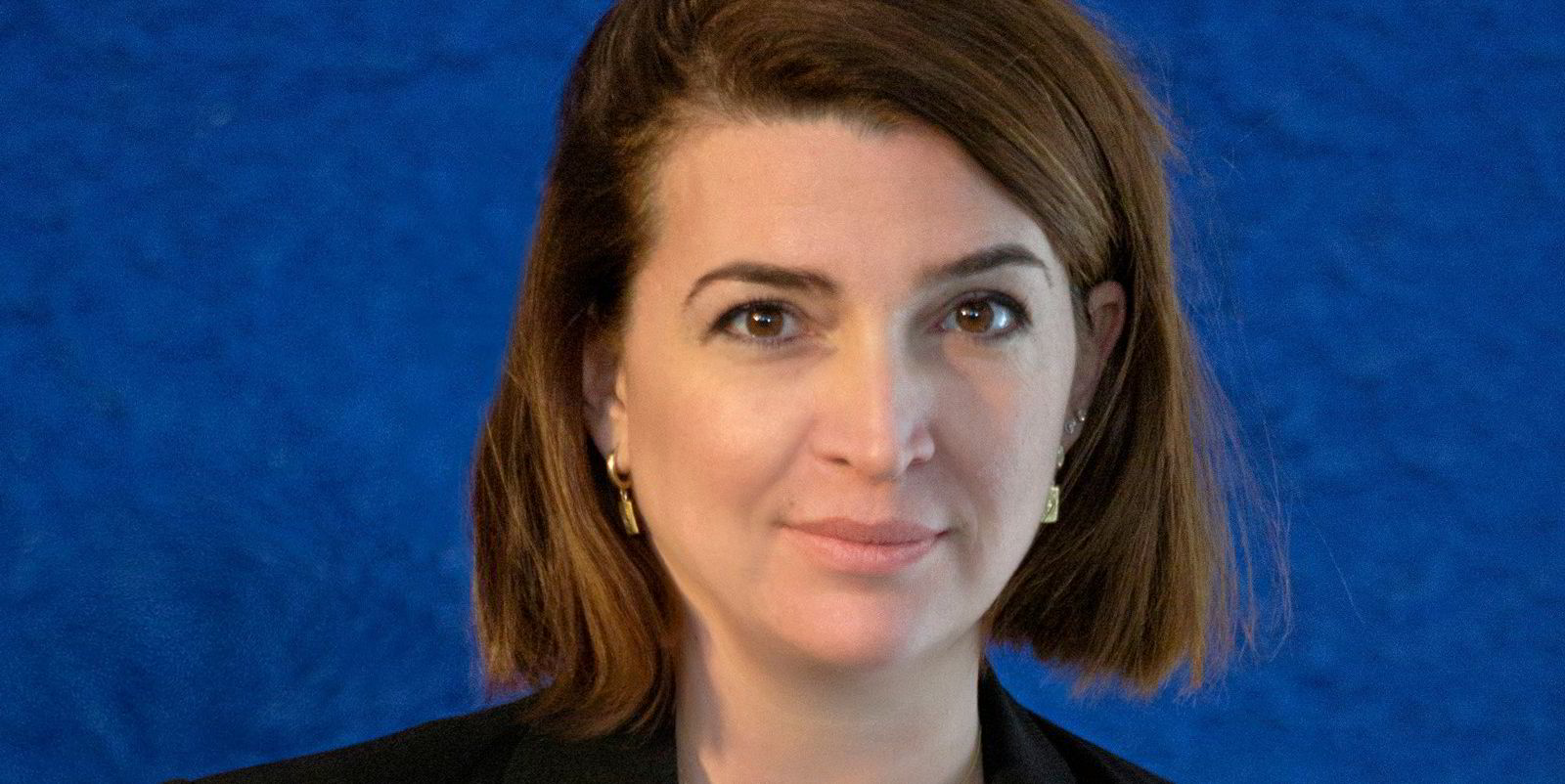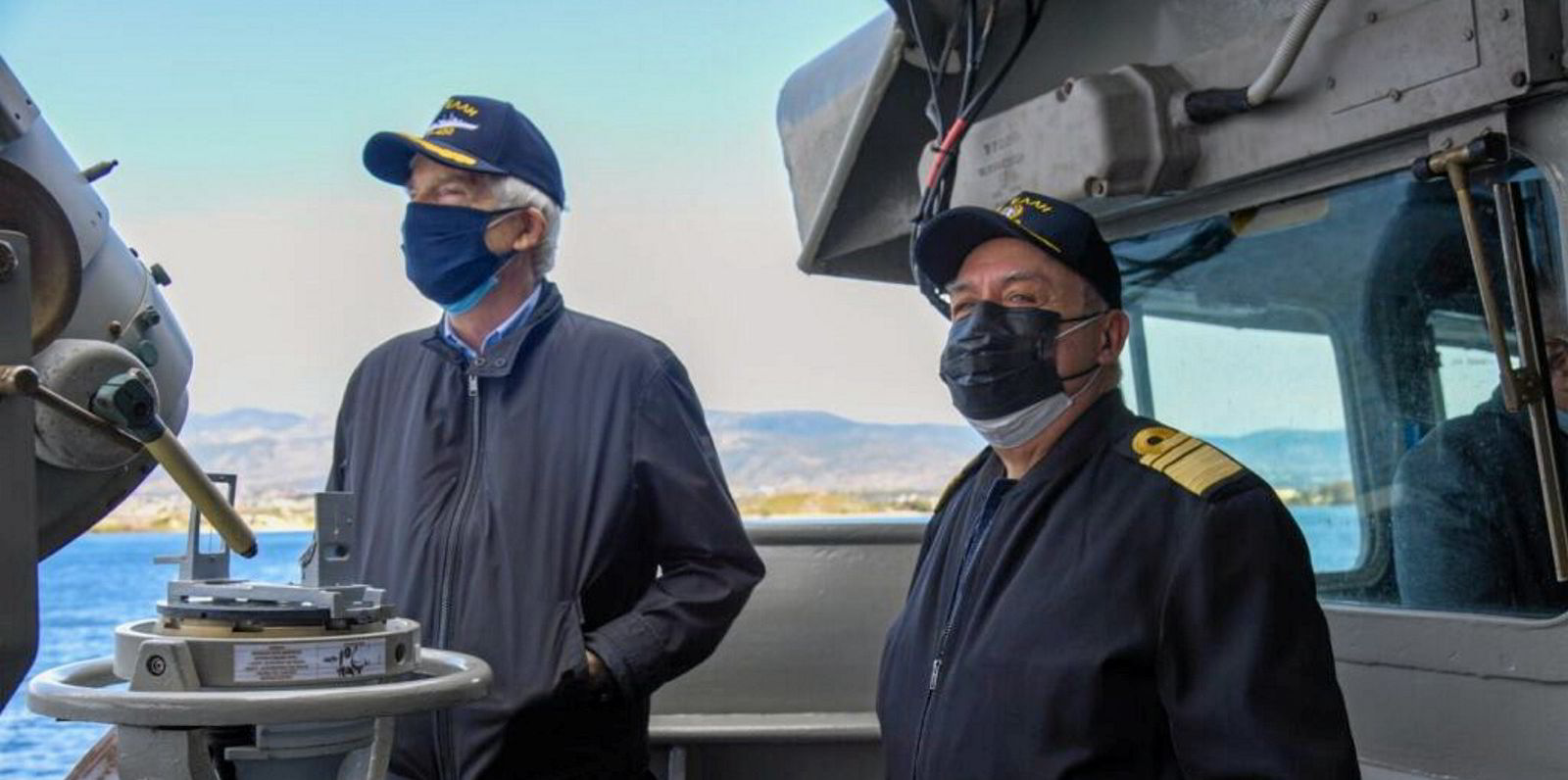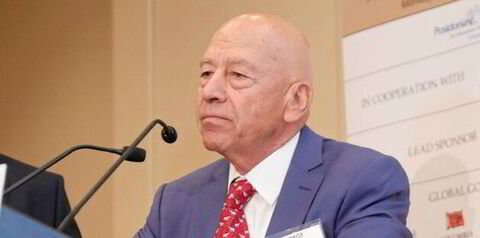Greek shipping stalwart Panos Laskaridis has been less of a fixture on the shipping conference circuit in recent years. However, nobody should mistake this for a slowdown in his core shipping business.
After splitting family interests with his brother, Thanassis, two years ago, the major owner has embarked on a course that will see his Laskaridis Shipping and Lavinia Bulk companies expand with bulker newbuildings and gradually secondhand tankers.
The kamsarmaxes he recently inked in China are characteristic of the conservative path towards decarbonisation that Laskaridis believes to be the most reasonable for private, family-run shipping companies.
The six vessels will be built to the most up-to-date fuel efficiency and environmental standards for conventionally fuelled vessels, without provisions for dual-fuel propulsion.
“I believe, and I’m convinced, that the new fuels are still at an immature stage,” Laskaridis told TradeWinds in an interview from his office in Athens.
“These are things for listed companies and for people who invest other people’s money — you won’t see family companies ordering fancy ships but those that are the newest today.”
Laskaridis argued that large-scale bets on future vessels come easier to giant liner and public organisations.
“Whilst huge companies with huge purses can experiment, that is not the case with smaller private owners,” he said.
‘We only read what we wanted to read’
Unlike top-tier charterers, which have been publicly backing the new fuels, Laskaridis said it is far less clear how the vast majority of charterers will view them.
“In our business, it’s the cargo side who are running the show,” he said.
Uncertainty with charterers also spills over into another matter vital to European-based maritime interests — the European Union’s Emission Trading System, which will start to include shipping from next year.
The shipping community sighed with relief when the relevant EU regulation spelt out a “polluter-pays-principle” last year, according to which commercial operators ultimately would be liable for its cost.
However, enthusiasm has waned after the small print of the regulation emerged.
“We only read what we wanted to read,” Laskaridis said, adding that ETS costs can be transferred to the charterer or the cargo owner only if a commercial agreement to that effect is in place with them.
This leaves the matter subject to negotiation and still no shipping player has sorted out their situation.
“If anybody tells you they have, it’s not true and you should not believe it,” Laskaridis said.
In the meantime, he is busy developing fuel optimisation and efficiency plans for his core fleet of more than 50 bulkers, which range in size between ultramax and newcastlemax with an average age of about eight years.
These plans include extensive digitalisation based on advanced analytics of high-frequency shipborne data, customised artificial intelligence modules, fuel-cell test platforms with biomethanol as the hydrogen carrier, as well as full-scale participation in EU-funded, applied research projects in cooperation with maritime scientific institutes and key future shipping industry players.
“All these steps are for real,” Laskaridis said.
However, he said it is speed reduction that eventually will bring shipping closer to meet interim decarbonisation targets.
“You can call it ‘power limitation’, ‘consumption limitation’ or ‘shaft limitation’ — that’s all sort of window dressing — in the end, it all boils down to speed reduction,” he said.
Bulkers are not the only game in town
Contrary to his expanding core bulker fleet, Laskaridis’ traditional fleet of about 25 reefers may be gradually wound down as the fleet reaches the end of its useful life.
This is a specialised business that was jointly developed by Panos and Thanassis over more than 40 years.
“It still makes good money, but it has a termination date,” Laskaridis said. “This market is squarely in the hands of container ships now and it is something that our children cannot do and will not do.”
Laskaridis Shipping owns 10 smaller tankers and one MR providing bunkering services to the world’s fishing fleet.
However, that tanker fleet will not shrink alongside the reefers — to the contrary, Laskaridis is thinking of expansion with secondhand vessels, initially up to the size of MRs.
“We will expand because tankers are another class, which will be around for a very long time,” he said.
However, any tanker growth will be measured, given the company’s relative lack of experience in the sector.
“We’re not experts in tankers — we need to go through a learning curve and be gradual about it,” Laskaridis said.
